Description
Ficus species vary widely in appearance, but most are characterized by their broad, glossy leaves and woody stems. Some grow as large canopy trees, while others remain compact and are ideal for indoor pots or bonsai. The leaves may be oval, elongated, or even lobed, depending on the species. Colors can range from deep green to variegated shades of green, white, and yellow.
Larger outdoor ficus trees, like Ficus nitida or Ficus religiosa, are often used as shade trees, hedges, or windbreaks in warmer climates. Their dense foliage creates a lush, green barrier that is ideal for privacy screening in gardens or urban spaces.
Growing Conditions and Care
Ficus plants are loved for being low-maintenance, though they do have some specific care preferences to thrive:
-
Light: Most ficus species prefer bright, indirect sunlight, though some types can tolerate low-light indoor conditions. Outdoor ficus trees do best in full to partial sun.
-
Soil: Ficus grows well in well-draining, loamy soil. For container plants, use a high-quality potting mix that retains some moisture without becoming soggy.
-
Watering: Allow the soil to dry slightly between waterings. Overwatering can lead to root rot, especially in indoor pots. Outdoor trees should be watered more deeply but less frequently once established.
-
Temperature: Ficus thrives in temperatures between 18°C to 30°C (65°F to 85°F). They are sensitive to cold drafts and frost.
-
Pruning: Regular pruning helps maintain shape and encourages denser growth. For larger trees, pruning is also necessary to control size.
Benefits and Uses
-
Aesthetic Appeal: Ficus plants, with their lush foliage, serve as beautiful focal points indoors and outdoors.
-
Air Purification: Many ficus species, particularly indoor types like the Rubber Plant, are known to help purify indoor air.
-
Versatility: Suitable for a wide range of settings—homes, offices, gardens, parks, and public landscapes.
-
Bonsai and Topiary: Certain ficus varieties, like Ficus retusa, are ideal for bonsai due to their small leaves and tolerance for pruning.
Conclusion
Ficus is a versatile and reliable plant choice for anyone looking to bring greenery into their environment. With varieties that suit both indoor décor and outdoor landscapes, ficus plants offer beauty, durability, and functionality. Whether you prefer a towering tree in the garden or a leafy companion in your living room, there’s a ficus variety to suit nearly every plant lover’s needs.

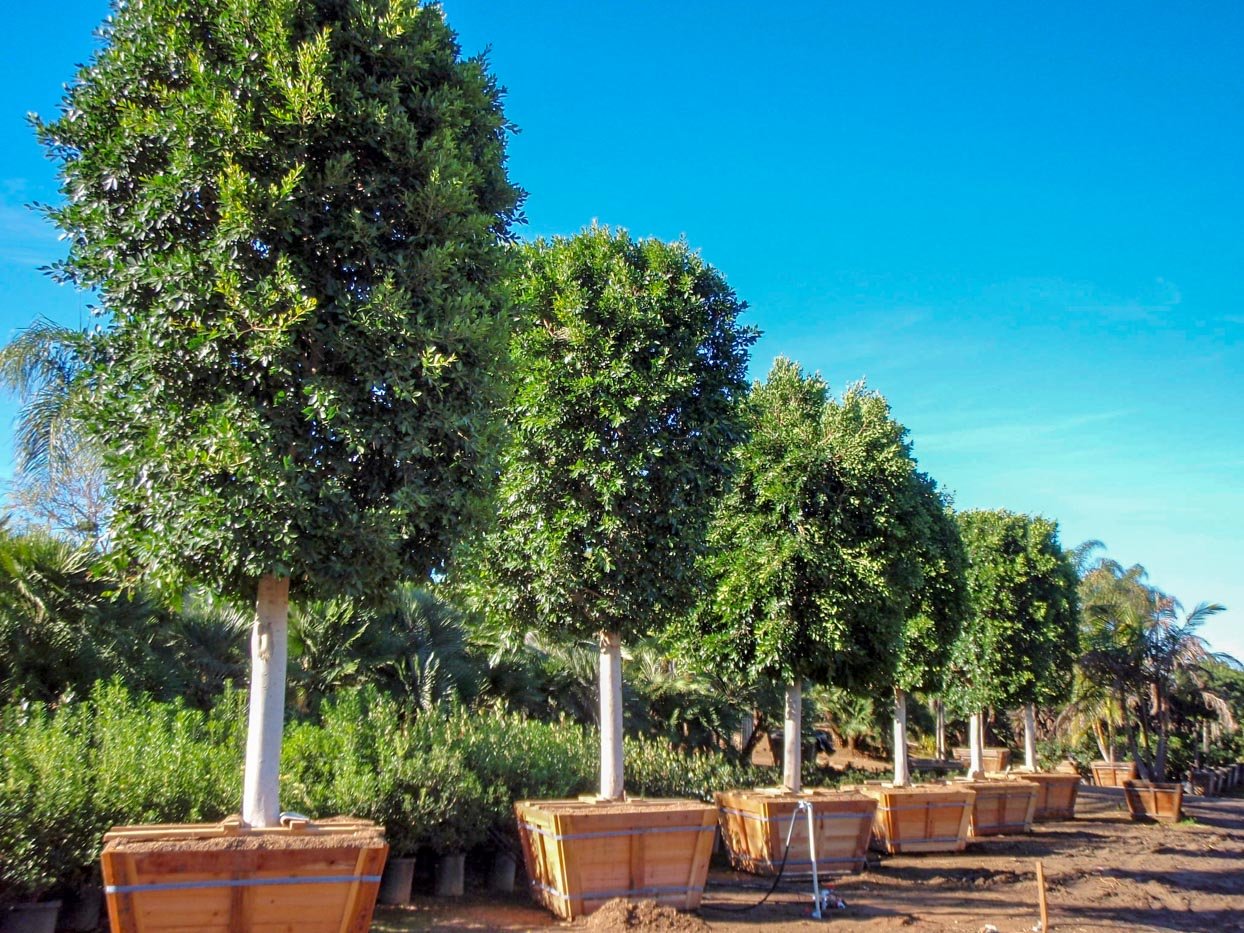

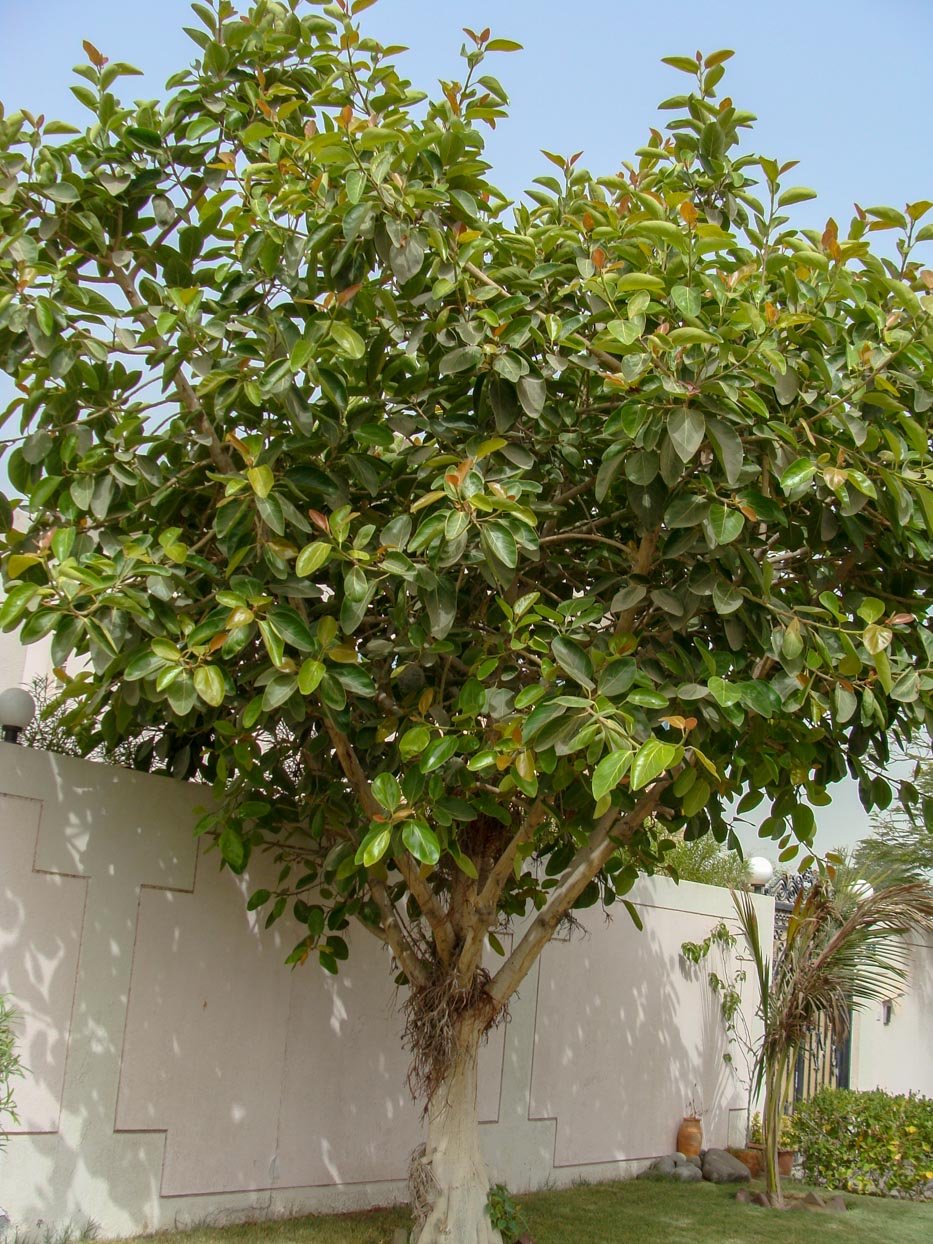
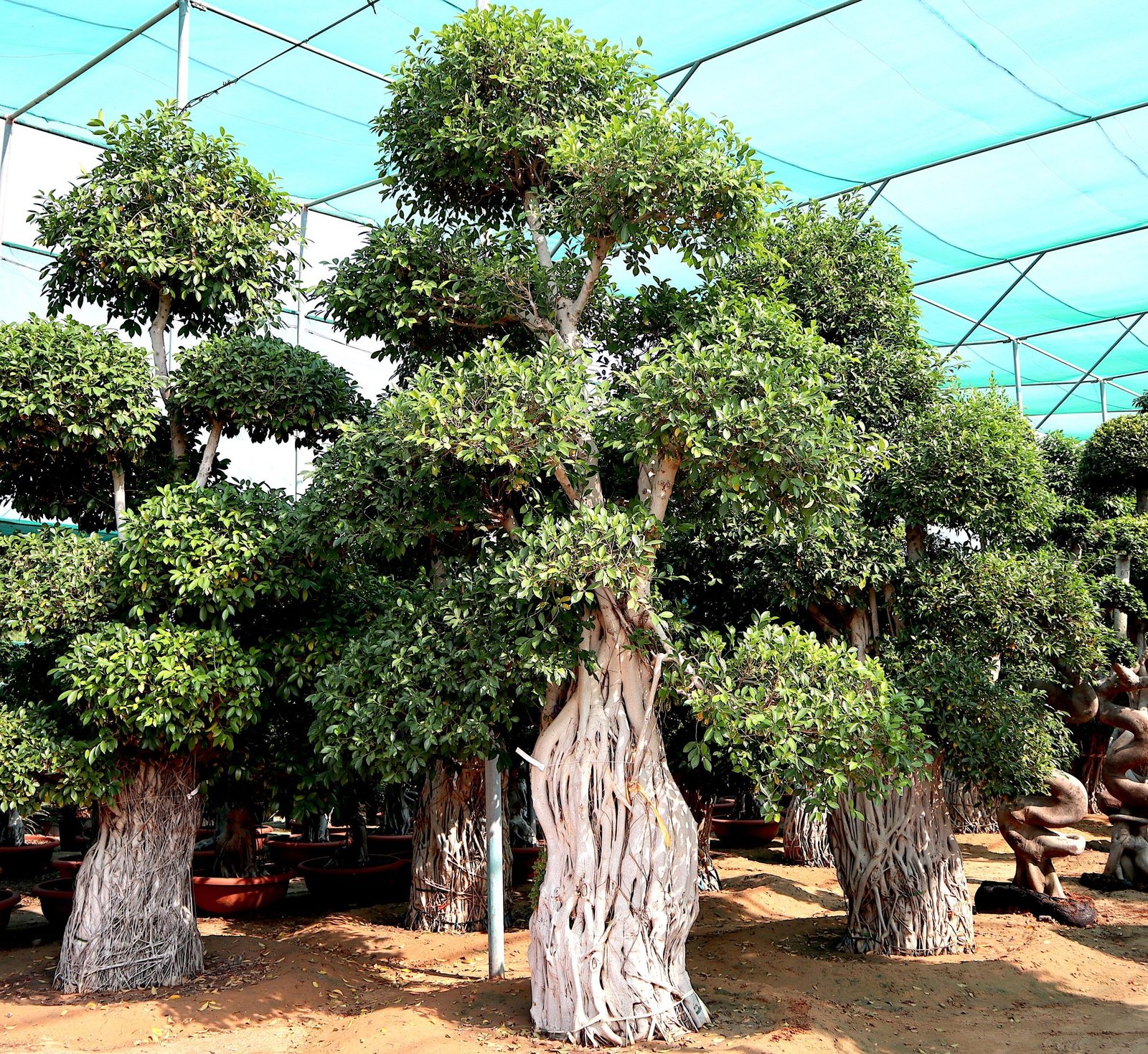
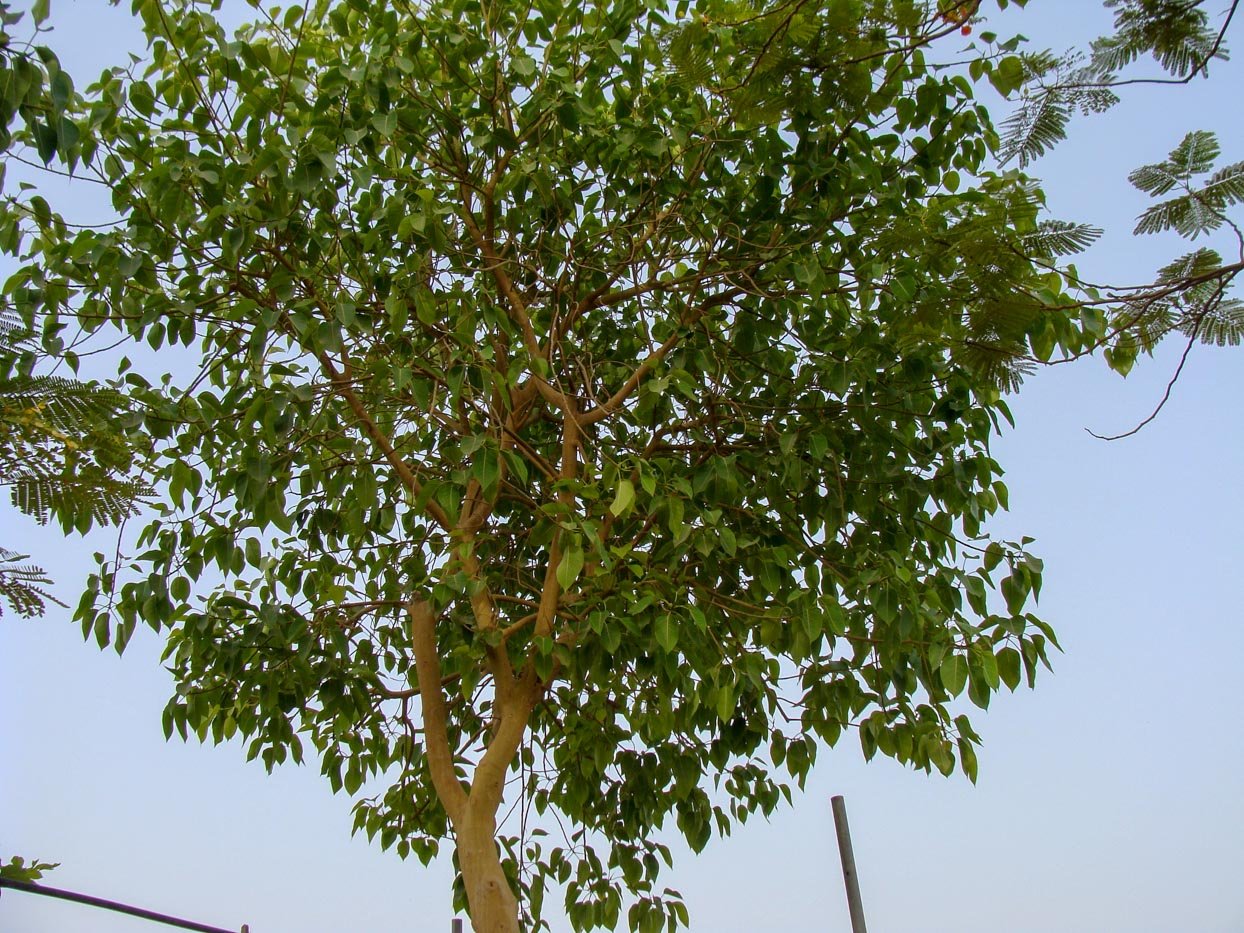
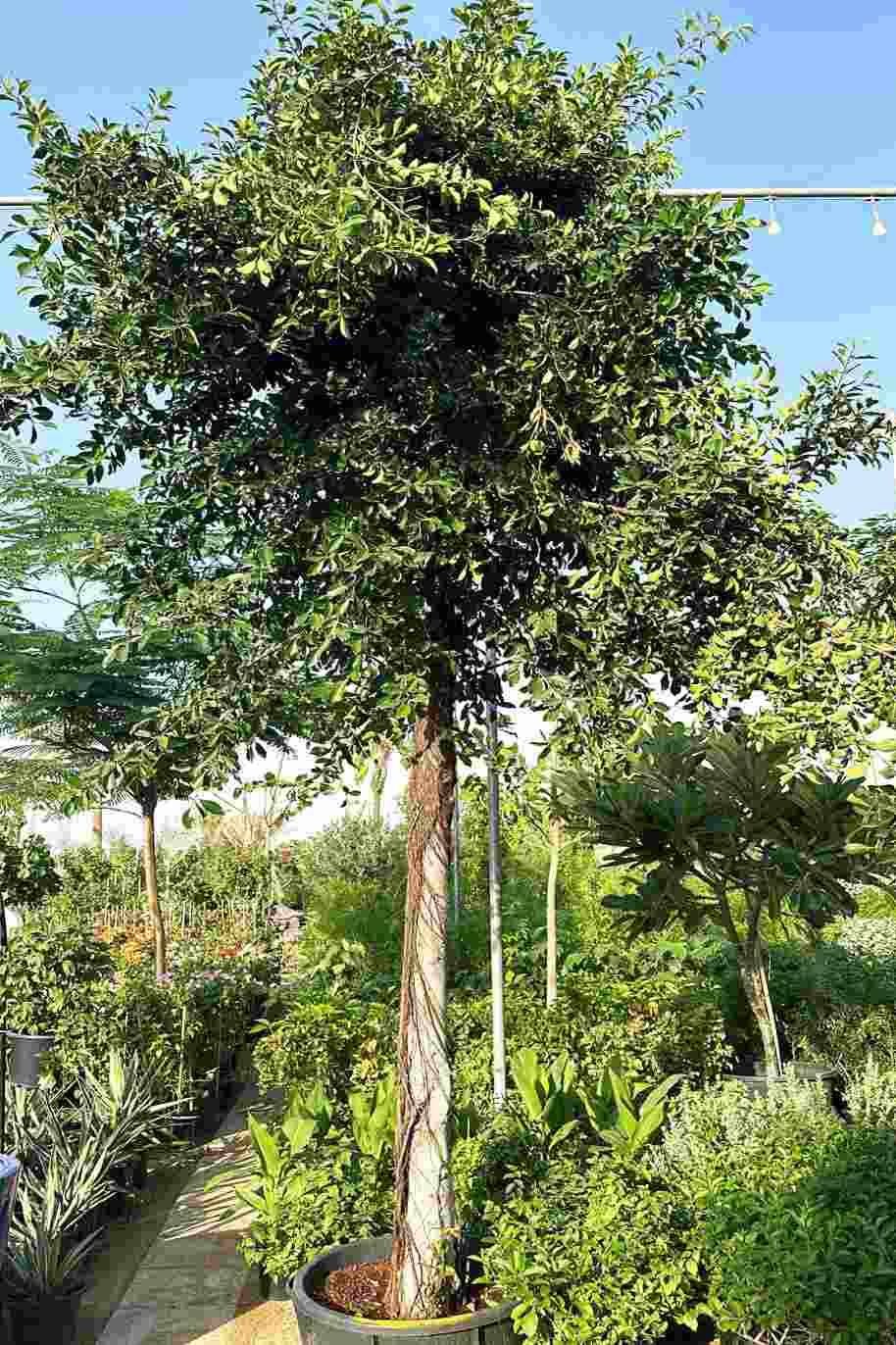
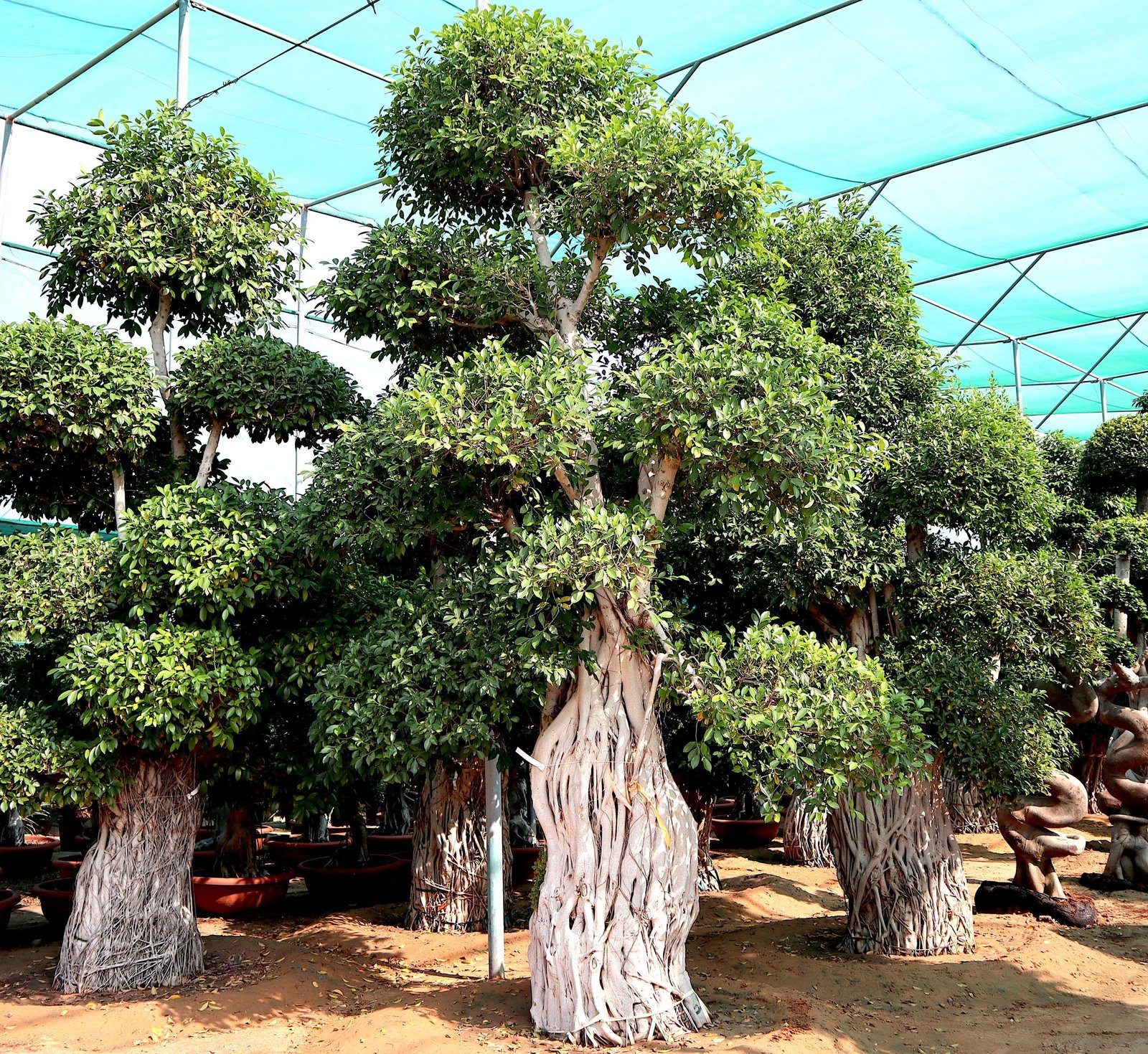
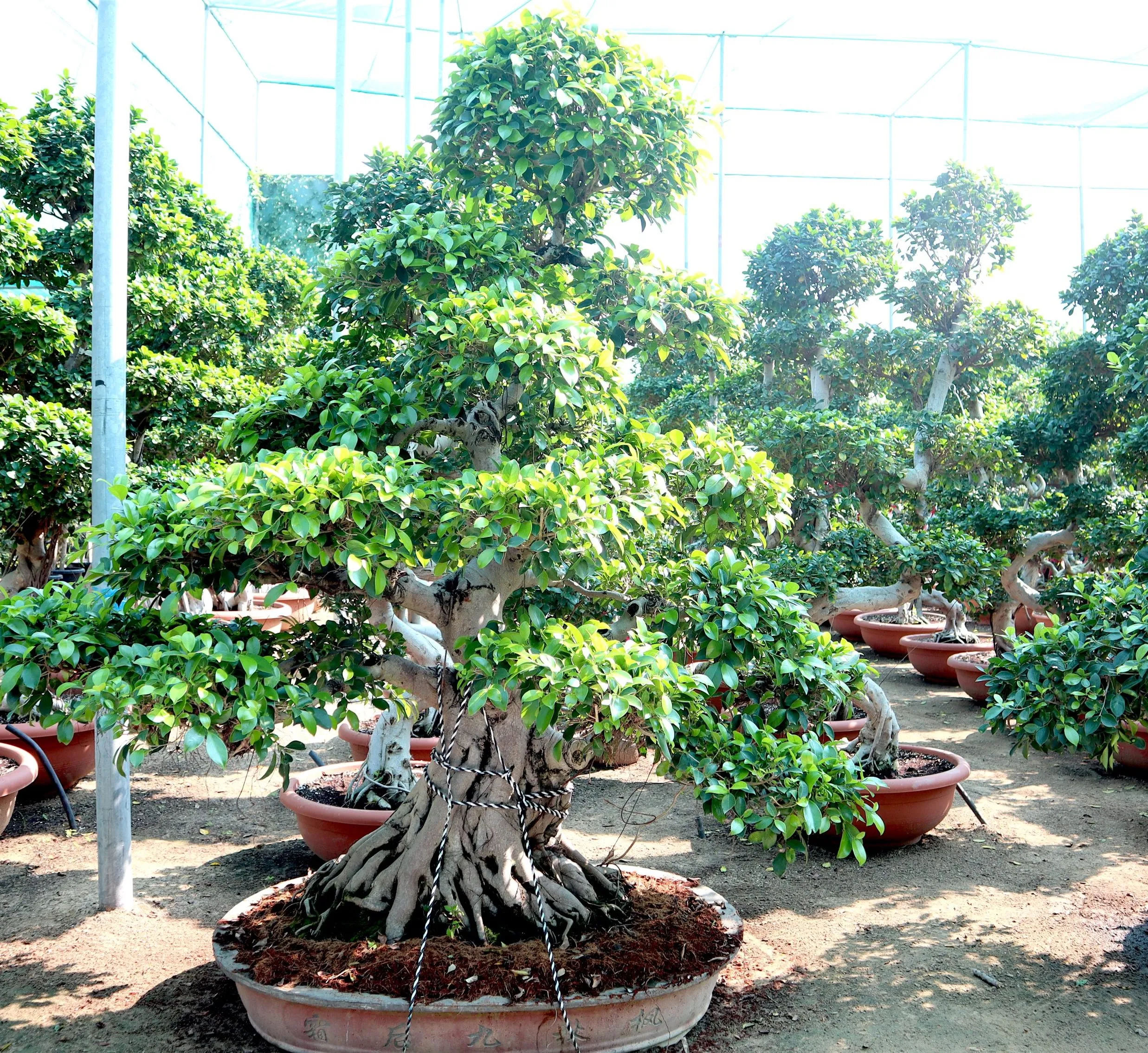
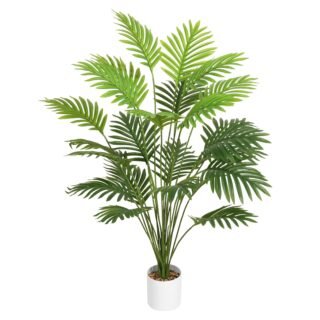






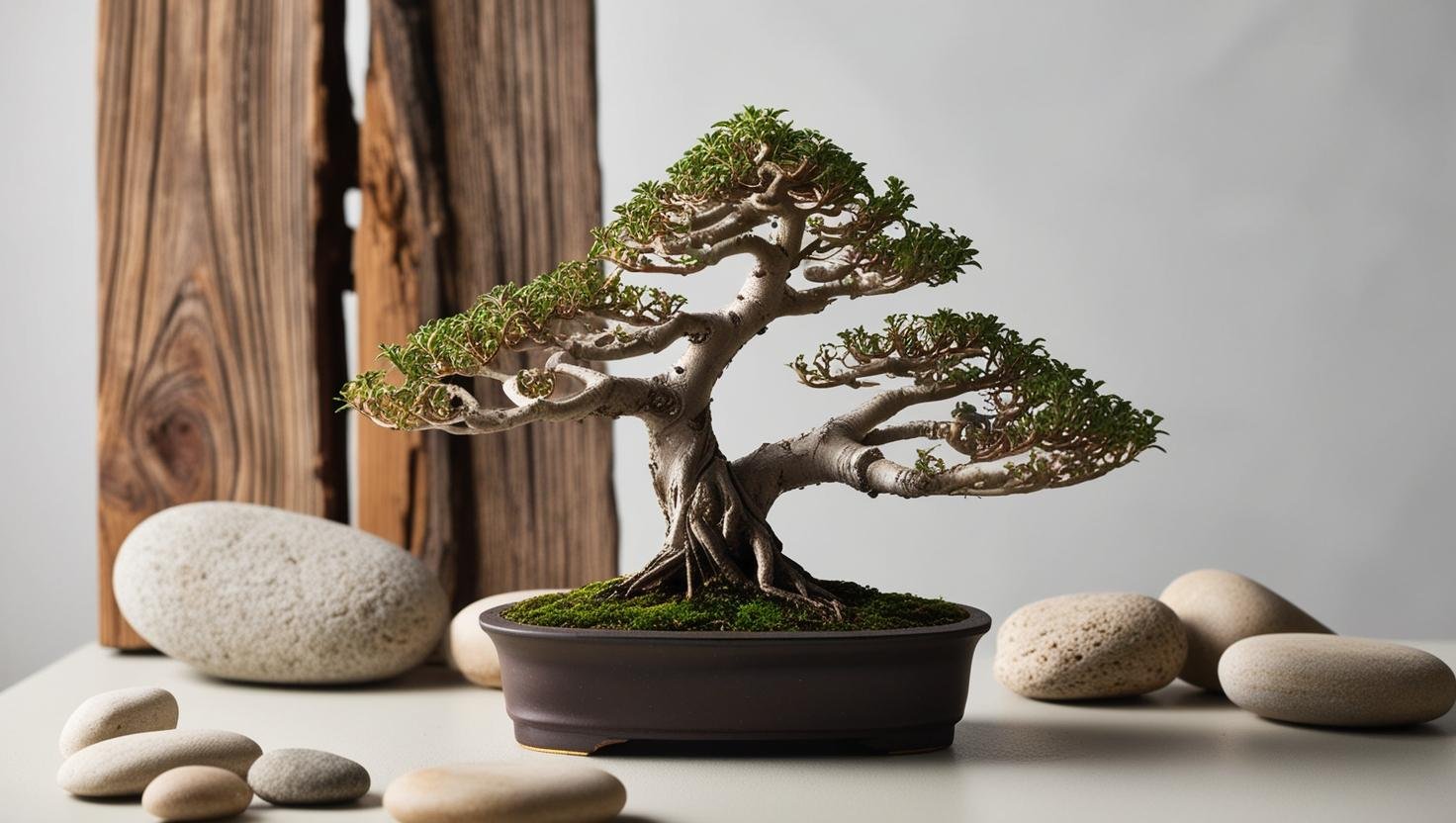








Reviews
There are no reviews yet.